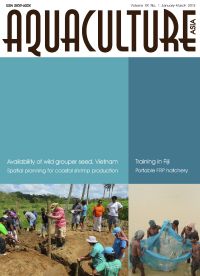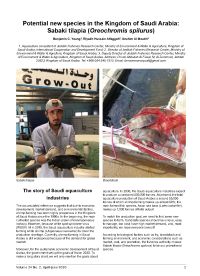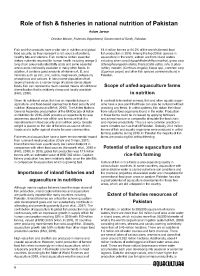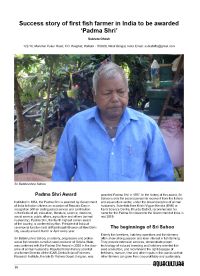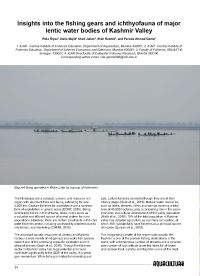Aquaculture Asia Magazine, April-June 2020
4 May 2020 | 18097 views | .pdf | 8.19 MB | Australia, China, Crabs and lobsters, Freshwater finfish, Hatchery and nursery, Health and Biosecurity, India, Inland aquaculture, Livelihoods, gender and social issues, Markets and trade, Nutrition and feeding, Pakistan, Philippines, Saudi Arabia, Shrimp
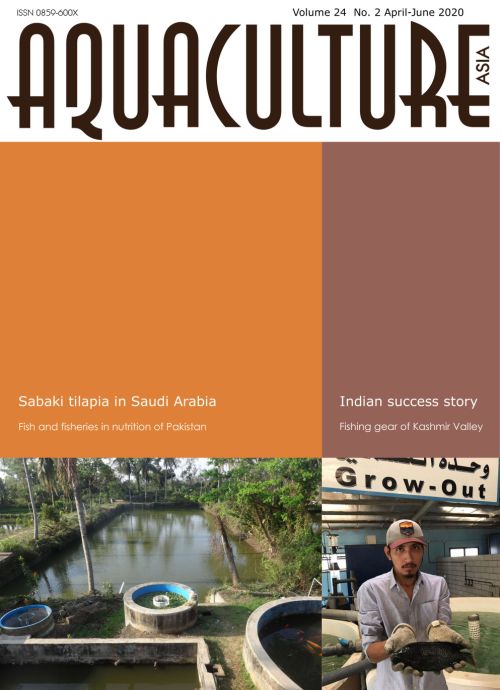
In this issue:
- Potential new species in the Kingdom of Saudi Arabia: Sabaki tilapia (Oreochromis spilurus)
Benjamin C. Young, Riyadh Hussain Alfaggeh and Ibrahim Al Moutiri - Role of fish & fisheries in national nutrition of Pakistan
Aslam Jarwar - Success story of first fish farmer in India to be awarded ‘Padma Shri’
Subrato Ghosh - Insights into the fishing gear and ichthyofauna of major lentic water bodies of Kashmir Valley
Rida Riyaz, Naila Majid Ahali Jahan, Ifrah Rashid and Parvaiz Ahmad Ganie - NACA Newsletter
Creative Commons Attribution.
